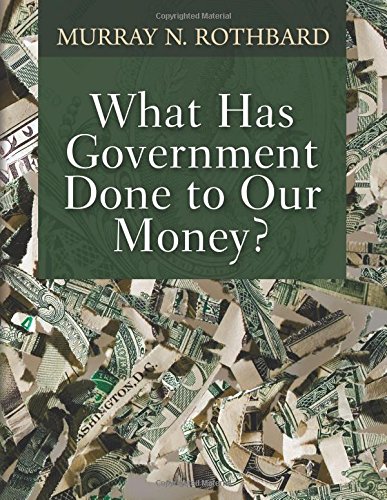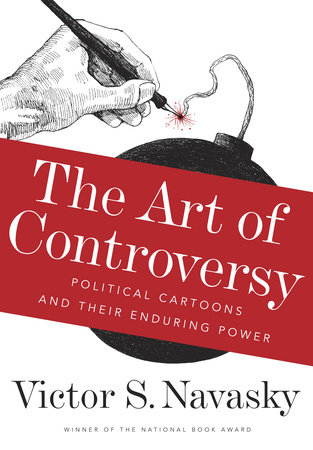"Kasparov Against the World " (Garry Kasparov and Daniel King, 2000)
In 1999, Microsoft organized a game of chess between world champion Garry Kasparov, and the general public. Each side would make one move per day. Anybody with internet access was allowed to join the "world" team, and the moves were chosen through a plurality vote. (The world team received guidance from four teenaged chess prodigies). There were typically between 5,000 and 10,000 voters for the world team.
A game like this only could have taken place during a narrow window in chess history. Five years earlier, the technology needed to make this game feasible didn't exist. Ten years later, chess engines were so powerful that they could crush the world champion, rendering a competition like this irrelevant. The book is written as a series of daily entries, spanning June to October 1999. Kasparov (and co-author GM Daniel King) discuss the game itself, Kasparov's life outside the game, and the politics behind the contest.
The game itself was extraordinary. After a fairly standard opening, future grandmaster Irina Krush (who, at the time, was only 15 years old) convinced the world team to bring out its queen on the tenth move. This move had never before been seen in a (documented) chess game, and created a highly complex position. After a flurry of activity, both sides were even in terms of material, but there were clear imbalances in terms of development, pawn structure, and king safety. On the 35th tempo, Kasparov found a brilliant, completely counterintuitive prophylactical king move which prevented black from playing a series of moves that would have ended with a knight capture with check. From there, both teams pushed their pawns and queened on the 50th move. Modern endgame tablebases prove that the position is drawn with perfect play on either side. Still, despite having an extra pawn, the position was challenging for black to defend (since white's lone pawn was already on the sixth rank). Black made some subtle errors, and resigned on the 62nd move, after defeat was certain.
Kasparov provided commentary on each move, ranging from a single sentence for forced recaptures, to several pages of analysis for complex situations when there were multiple reasonable alternatives. He explained the key aspects of the various positions in a straightforward way, but also included detailed analysis (often going ten or even twenty moves deep), allowing the reader to decide how thoroughly they want to evaluate the possibilities. (I'd typically follow the main lines as far as I could, but I didn't get into every variation he presented).
The commentary about Kasparov's daily life was interesting, though it clearly wasn't the main focus of the book. His comments about the value of routine and structure were interesting, as was his emphasis on physical exercise. Kasparov admitted that he thought the game would require minimal effort, and would be an easy way to promote his new website. He realized early on that the contest would require far more time and attention than he expected. (Incredibly, while playing this game, Kasparov also participated in the Frankfurt Chess Classic, a rapid tournament, against three of the world's best players – and won).
The book also dives into the politics behind the game. Kasparov was clearly frustrated with Krush, who took a leadership role on the world team. She spent hours each day analyzing the game (sometimes while juggling her high school classes). She posted both simple and advanced versions of her recommendations on the team's message board, allowing both novice and advanced participants to understand her reasoning. The participants consistently voted for her recommended moves, even when two or more of the other "guides" favoured other options. Kasparov implied on several occasions that Krush was more of a figurehead, and that other people (her managers, or a Russian school of grandmasters) were the ones really doing the analysis. Kasparov also expressed frustration with the game's slow pace (he selfishly wanted the game to end sooner so that he could prepare for another upcoming competition). He discussed this possibility with Microsoft, but Krush threatened to immediately resign if the rules were changed mid-game. Kasparov also briefly talked about the challenges with the forum (due to a technology issue, Krush didn't submit her recommendation for the crucial 58th move on time, and she stepped down soon after). There were also allegations of fraudulent voting near the end, when the world team voted for a suicidal move (Microsoft discarded that result).
This was a fascinating look at one of the most thoroughly-analyzed games in the history of chess. It's no longer possible for a game like this to be played, so this is both a deep dive into a great game, and a good example of both the potential and challenges of the early days of the internet.














